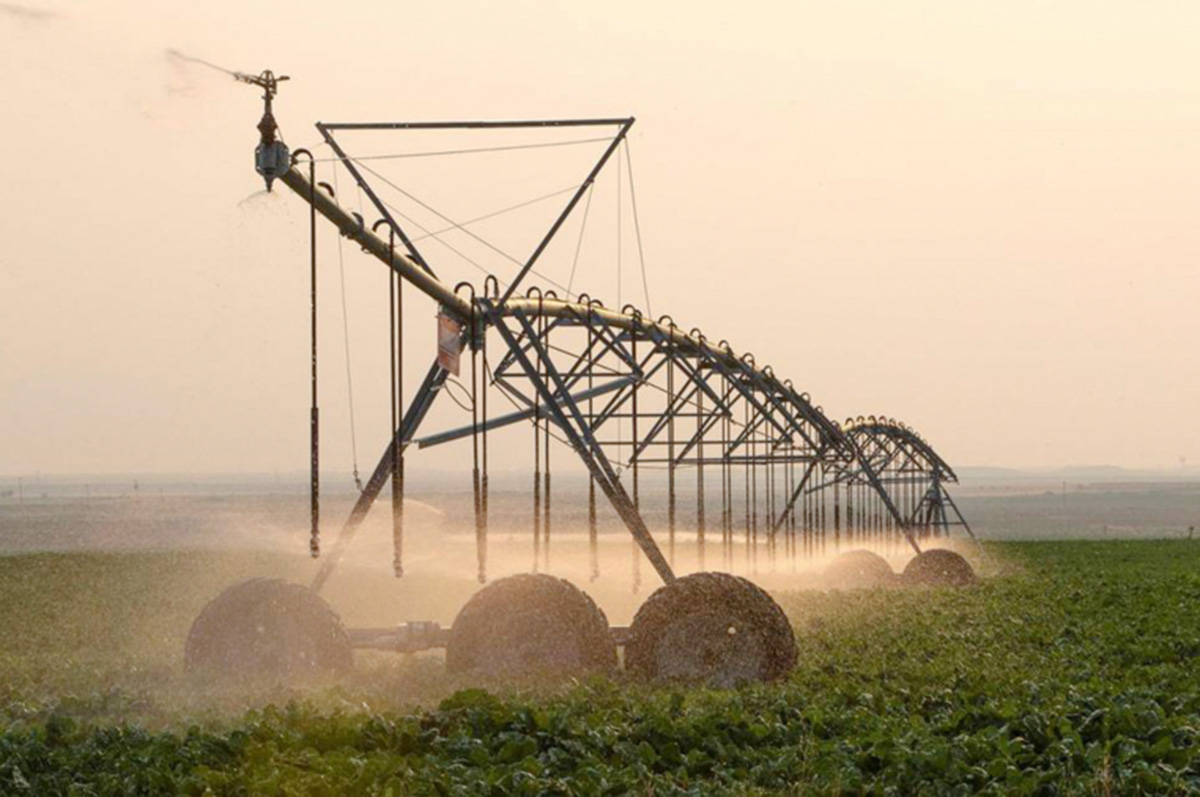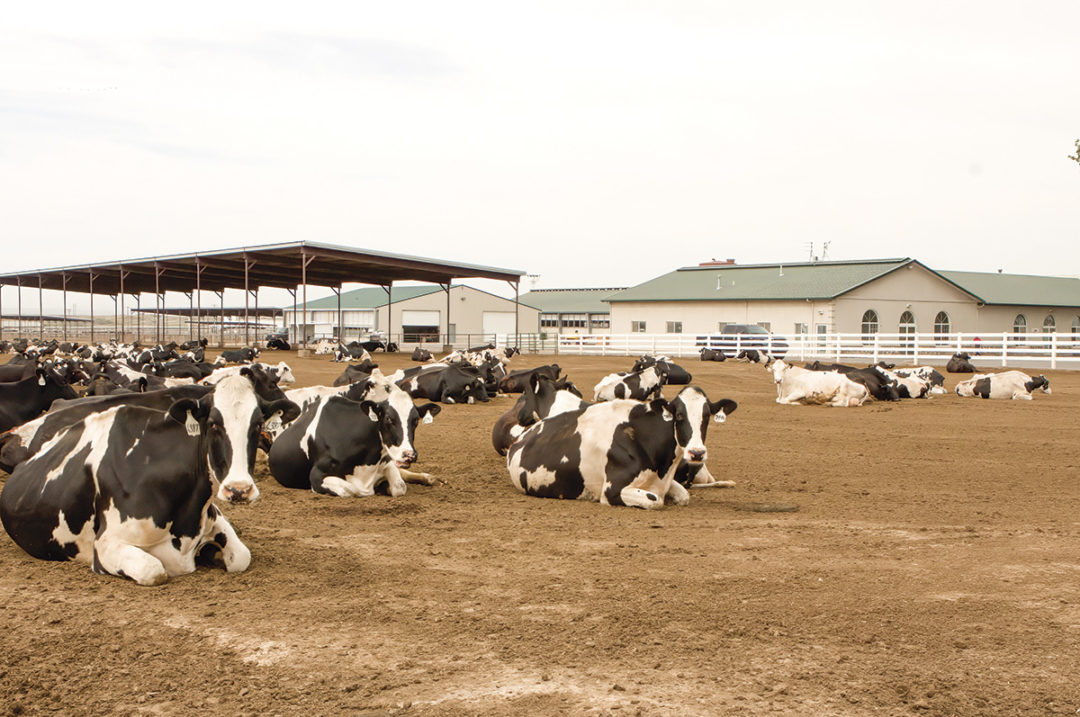Have you noticed or heard that water levels in Idaho are in decline? State officials and industry experts recognize that Idaho’s water supply is limited, and there’s not one area in the state that is immune. This situation affects your farm business, especially if your business is a dairy that uses well water as part of its cooling system.
Using groundwater on Idaho farms
Most Idaho farms use well water, which is pumped from underground aquifers that are normally replenished by rainfall and other surface water on a continual basis. Well water is used for irrigation and other farm operations. Dairies use just as much as other farms but with the additional need for milk cooling. On a dairy farm, well water is used to cool hot milk from the cows to Grade A temperatures. This pumped well water precools the milk in the first stage and keeps the refrigeration equipment from overheating while cooling the milk to the right temperature in subsequent stages.
Since Idahoans, especially Idaho farmers, depend on reliable water resources, it makes sense to find ways to decrease the demand on the aquifer and the groundwater to help prevent well depletion. Some dairies, in an effort to use less well water, have switched from water cooling to air cooling, but this method is not as effective as water cooling and has disadvantages. Switching to air-cooled systems doesn’t stop water from being used for first-stage precooling. High outside temperatures in the summer cause air-cooled systems to run even harder while being less effective at cooling than ones that use water. Dairies need to be able to provide effective cooling for their milk through all stages in the process but do so in a way that reduces reliance on Idaho’s limited water resources.
A more sustainable solution that reduces costs
Farmers of all kinds need and use water, and the work they do benefits everyone in Idaho. Implementing energy-efficient improvements provides more sustainability with the added benefit of reducing operating and maintenance costs. Considering more efficient, upgraded technologies and systems leads to better water resource management and helps counteract groundwater and well depletion. Farmers of all types can experience the benefits of becoming more energy-efficient by implementing the following:
- Well pump variable-frequency drives (VFDs): Well pump VFDs allow pump speed to be adjusted automatically as needed. This not only reduces energy costs but also reduces wear and tear on pumps, which lowers maintenance costs and improves the operating lifetimes of the pumps.
- Low-flow irrigation: Precision irrigation systems, such as low-flow sprinklers and drip irrigation, greatly reduce water usage while allowing crops to thrive. Using less water to achieve the same goal is not only smart, but it also greatly reduces the demand for Idaho’s limited water resources, ensuring that water continues to be available when needed.
- Hybrid approach for dairies: Dairies can specifically benefit from hybrid systems, which utilize the best of both water cooling and air cooling to maintain efficient cooling temperatures year-round without depending on well water or any polluting chemicals. These systems reliably and efficiently control both the precooling stage and second-stage mechanical refrigeration without requiring major changes to the existing equipment. This not only reduces the amount of water dairies use but also extends the life of refrigeration equipment and well pumps. This solution greatly reduces operating costs, specifically saving on utility bills.

Many Idaho farms rely on well water for crop irrigation. Photo provided by Deslyn O'Dell.
Resulting benefits for your farm
Energy-efficient solutions provide the following benefits:
- Increased operating profit from reduced utility costs
- Lower maintenance costs for farm equipment, leading to longer operating life
- Better well management to help prevent well depletion and avoid the cost of digging deeper or creating new wells
- Reduced demand for precious groundwater, ensuring that Idaho water resources are available for farming and other needs for years to come
- Less impact on the water supply, with better stewardship and conservation to safeguard Idaho’s water resources
Act now
The more efficient your systems are, the more profitable and sustainable your farm will be. By choosing new, smarter technology, you’ll be able to reduce your costs for energy, repairs and maintenance and circumvent the issues of declining water tables.
If you want to know how you could use these technologies on your farm to improve your profitability and sustainability, we can evaluate your systems and recommend the best options to upgrade your equipment with no upfront cost to you.




.jpg?t=1687979285&width=640)



